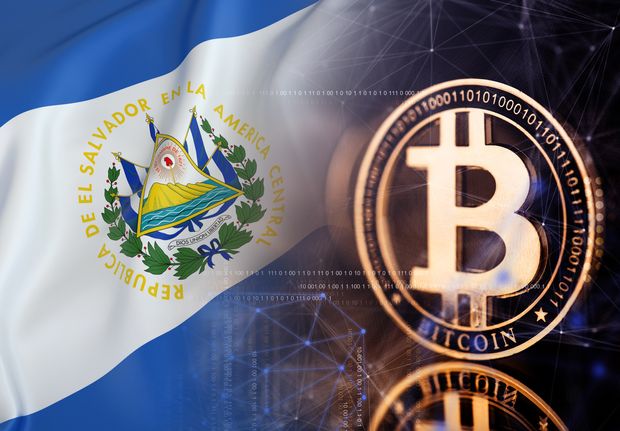El Salvador is now on its third day with bitcoin being legal tender in the country. There have so far been numerous testimonies of how the law has worked so far. With residents posting evidence of the ease of spending bitcoin in the country since the implementation. Stores have also implemented bitcoin payments in the country. With the likes of McDonald’s and Starbucks now accepting bitcoin payments in El Salvador.
One aspect that is yet to be addressed is how the implementation will affect existing remittance services in the country. Remittances were a big point for the argument of bitcoin adoption in the country. It was explained that sending money from overseas to El Salvador was cheaper with bitcoin. And now that it functions as a legal tender in the country, it is important to look at how this will affect existing companies like Western Union and MoneyGram.
Bitcoin Is A Better Way To Remit
Smaller countries like El Salvador owe a significant percentage of their economy to remittances. It is estimated that in 2020 alone, remittances from citizens overseas accounted for 23% of the gross domestic product of the country. Making it a major economic contributor in the country. Remittances alone in 2020 came out to $6 billion, of which the remittance services which are used to send these monies take a percentage as fees.
Related Reading | Popular YouTuber MrBeast Reveals Significant Crypto Holdings, Here’s What He Has
With bitcoin though, the middleman, in this case, Western Union and the likes, are completely removed from the process. The funds sent go directly to the recipient without the need for a processing fee to a third party. It is estimated that these remittance companies are set to lose about $400 million a year when remittances are routed through bitcoin instead.
It cannot be underestimated how important remittances are to the nation-state of El Salvador, which is why the remittance industry is booming in the country. With an approximate 70% of its population receiving remittance payments from overseas, bitcoin payments will save citizens millions of dollars in commissions being paid to third-party remittance services.
BTC price falls to $45k | Source: BTCUSD on TradingView.com
Using Crypto In El Salvador
The first day of the official implementation of bitcoin as legal tender in the country was dubbed “Bitcoin Day” by President Nayib Bukele. In commiseration of the historic event, the country of El Salvador had bought an additional 150 bitcoins, bringing its total bitcoin holdings to 550 coins.
One Twitter user known as Bart Mol took to the platform to show how “Bitcoin Day” was going. Mol posted updates with both pictures and videos to show how the implementation had been received by the citizens. The majority of the citizens seem to be quite all right with it. But there were small protests around the country against the implementation.
Related Reading | Cardano Founder Charles Hoskinson Praises El Salvador, Says Countries Need Crypto Strategies
Other problems included the government-issued crypto wallet Chivo not working properly. And the bitcoin ATM machines had run out of coins, which made it impossible for people to spend their bitcoins. But payments being made on the Lightning Network had the best success. Mol posted that he had been able to pay for a pizza at Pizza Hut for a tiny fee.
Notwithstanding the problems encountered on the first day, the world still looks on eagerly towards El Salvador. The use of crypto as an official legal tender is a momentous event. And as Mol put it, “This is the future.”
Bitcoin looks set to take over remittances in El Salvador. How long do you think it will take for it to become a global reserve currency? Let us know your thoughts here.
With #Bitcoin becoming legal tender in #ElSalvador, how long until it becomes the global reserve currency? @nayibbukele
— Bitcoinist.com (@bitcoinist) September 7, 2021
